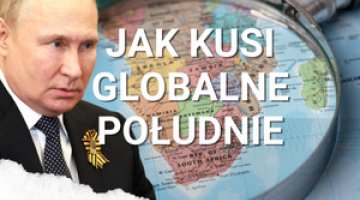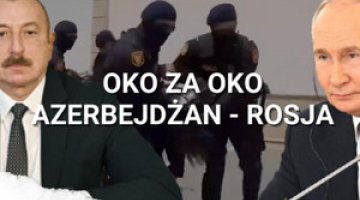Poland and the Baltic states restrict Russian citizens’ entry into the EU
On 7 September the Prime Ministers of Lithuania, Latvia, Estonia and Poland announced the introduction of temporary measures restricting Russian citizens from entering the Schengen area for tourism, cultural, sporting or business purposes. The individual nations are due to complete their procedures in this regard by 19 September, and the restrictions will remain in force until 30 June 2023. Schengen visas will not be honoured, regardless of which country issued them, and the Baltic states and Poland have decided to stop issuing their own visas. The prime ministers stressed that these decisions do not mean a total ban on entry for Russian citizens. The borders will remain open for politically persecuted persons, as well as independent journalists (on the basis of so-called humanitarian visas), diplomats, holders of a residence permit in the EU, EEA or Switzerland, families of EU citizens, persons transferring goods, seafarers, and those travelling to and from the Kaliningrad region.
According to Frontex, around one million Russians crossed the Russia-EU land border between the start of the Russian invasion on 24 February and 22 August. Almost 60% of them entered the Schengen zone in Estonia (281,900) or Finland (329,000). 35,000 citizens of the Russian Federation crossed the Latvian border, and 19,000 entered Latvia via Belarus. A significant number of entries were also recorded on the Lithuanian-Russian border (132,000), but this figure mainly consists of passenger transit from and to the Kaliningrad region; meanwhile 142,000 Russians entered Lithuania via Belarus. According to the EC’s data, 963,000 Russian citizens have valid visas entitling them to enter the Schengen area.
Commentary
- The Baltic states’ decision is a part of the sanction package imposed on Russia for its attack on Ukraine; it is also targeted at the Russian public, of whom 76% of those surveyed (according to a poll by the Levada Centre in August) support the war. This measure is also a consequence of concerns over the increasing influx of Russian citizens. Baltic politicians say that some of them may wish to undermine the security of countries involved in supporting Ukraine.
- The moves announced by the Baltic states and Poland will restrict, but not stop, tourist traffic from Russia to the EU by land. Despite diplomatic efforts, however, it has not been possible to coordinate visa policy with Finland, through whose territory the largest number of Russians travelling to the EU by land usually enter. Finland has not opposed the introduction of visa restrictions, but considers that such a step should be agreed with the European Commission. For the time being, the Finnish government has decided to apply limits when issuing new visas for Russian citizens. There are also legal doubts as to whether Lithuania, Latvia, Estonia and Poland are not violating the rules of the Schengen agreement, as some of the opposition in the Baltic states believe; there is no political consensus on this issue in these countries.
- The Baltic states’ governments welcomed the decision of the EU Council to suspend the EU/Russia visa facilitation agreement on 8 September (as a result of this step visa fees will increase, and additional documents will have to be presented, prolonging the time it takes to issue entry permits). The Baltics remain active in seeking both further visa restrictions and sanctions to weaken Russia militarily and economically. On 7 September, Lithuania’s foreign minister Gabrielius Landsbergis reported that a meeting of the Nordic and Baltic states (the NB8 forum) had agreed to make a joint request to the European Commission to review the lists of goods exported to Russia, in order to ban the export of dual-use goods that could be used for military purposes.





